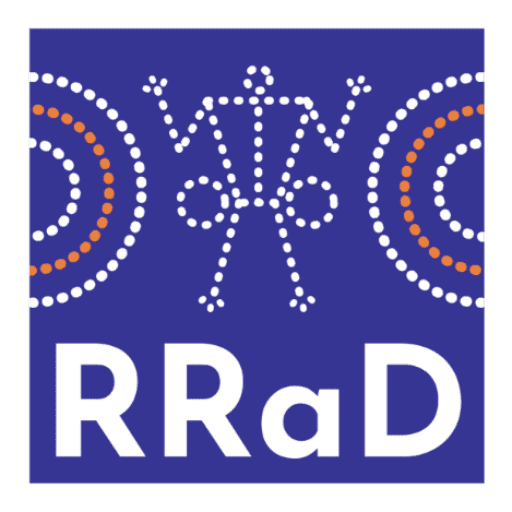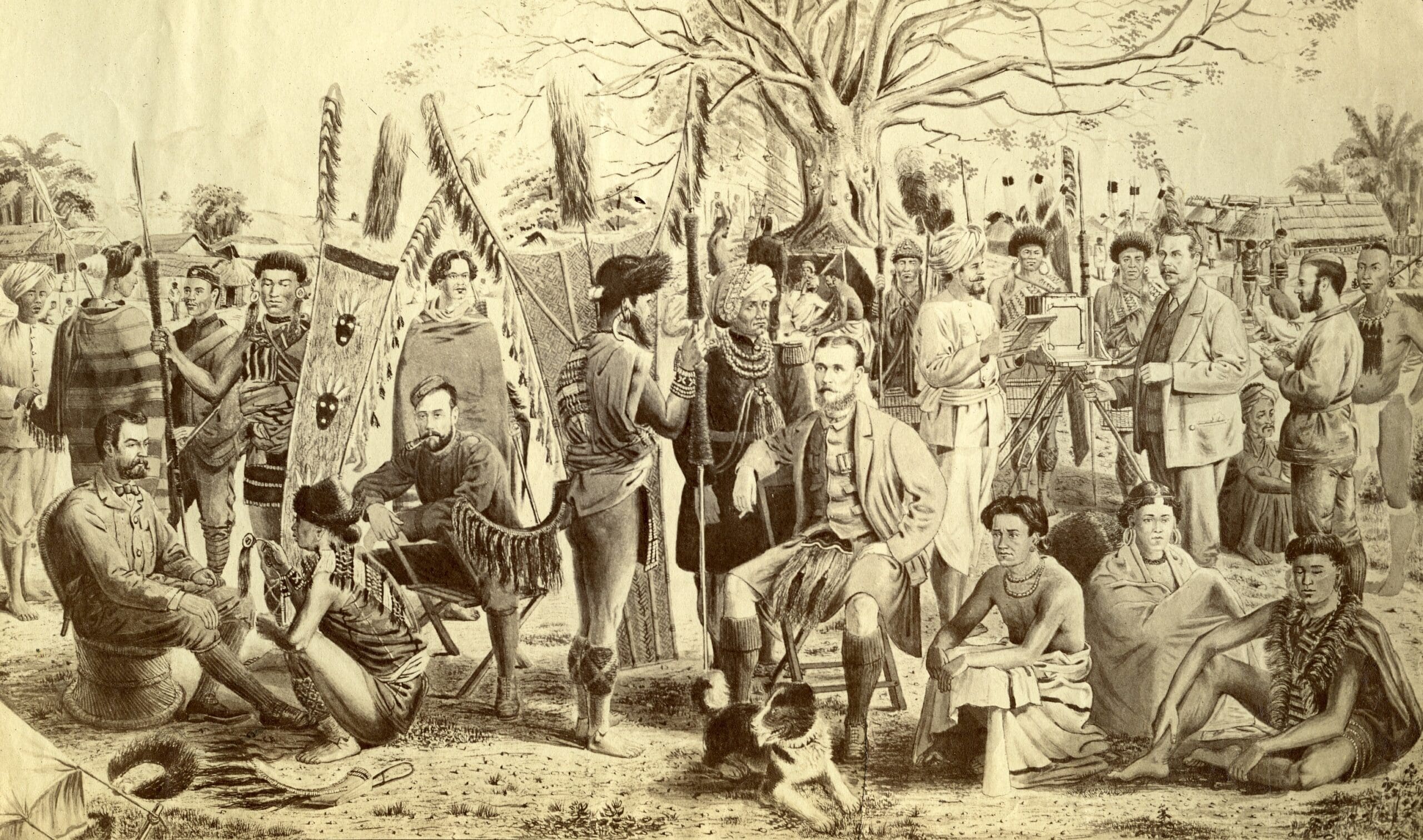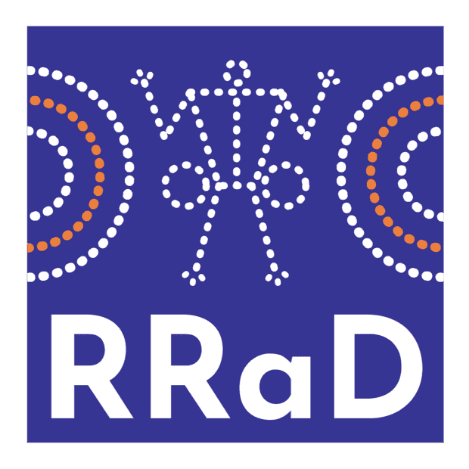The underlying need to decolonise peacebuilding is gaining ground as the emerging discourse and praxis of decolonisation expands around the world. We are already witnessing how the language of decolonisation is impacting museums, history, anthropology, humanitarian aid, development, journalism, curriculum, learning and many other facets of life. The praxis of decolonisation is aimed to create an emancipated and humanizing culture. Fortunately, its reach goes beyond exposing, engaging, and dismantling colonial institutions, worldviews, institutions and knowledge systems.
The irony is not lost on the concept of decolonizing peace because peacebuilding movements initially expanded as an interdisciplinary approach for justice during the decolonisation era. Yet, today, the decolonizing peacebuilding is imperative because it has moved away from its foundational premise of building a justpeace.
Because of its inherent potential, the field of peacebuilding has attracted many. Lisa Schirch, a peace studies scholar and practitioner, points out that, “By the 1980s, Western interest in peacebuilding initiatives was increasing.” She puts this into context by pointing out that, “The Hewlett Foundation invested over $160 million in building conflict resolution programmes, particularly at academic institutions in the 1980s and 1990s.” Likewise, peace studies mushroomed in North American and Europeans universities where Western concepts, ideas and models of peace were crystalized. Eventually, they were exported to the global south where they were received without much critical examination. Western peacebuilding became extensions of government foreign policies which were aimed to pacify the voices calling out for justice and freedom, thereby predicating the violence of peace.
This was the beginning of institutionalizing peace, and peace no longer was justpeace. The institutionalization of peace meant that the Western paradigm of peace became the standard model of peace, situating it as the dominant knowledge keeper and idea giver of peace. Naturally, the concepts, ideas and models of peace emerging out of Western institutions were embedded with its cognitive biases and prejudices. They were founded on Western culture, knowledge systems, methodologies, values and designs.
In many ways the existing peace education and practices represent the interests of the Westphalian World Order and State. Tragically, the dominant peacebuilding approaches define the problems in the same way as State and Corporate structures do that conveniently skirt the root causes. This form of peacebuilding contributes towards stabilizing the status quo and enhances State-building. Some call this negative peace where peace agreements are signed without the State acknowledging the people’s rights or giving them proportionate concessions, and justice.
Indigenous and non-Western peacebuilding have been pushed to the margins. This also implies that Western peacebuilding models and mechanisms are incapable of genuinely addressing the Indigenous Peoples aspirations for self-determination, justice and peace. Again, the irony is not lost. Hamdesa Tuso and Maureen P. Flaherty in Creating the Third Force: Indigenous Processes of Peacemaking remind us that peacebuilding processes like dialogue, mediation and restorative justice, which are extensively used in Western Peacebuilding, were methods that are inherent to Indigenous peacebuilding and ways of living. Indigenous Peacebuilding addresses issues of power and rights that are aimed towards shifting power, power-sharing, and building social, economic, political, cultural and religious structures that will uphold and sustain the values of a shared humanity. In essence, recovering and upholding the true humanistic values of self-determination.
The need to decolonise peace is crucial to the process of developing a shared language of peace. At the International Conference on Conflict Resolution, Peace Building, Sustainable Development, and Indigenous Peoples (December 2000), the Indigenous Peoples stated: “It is an imperative … that indigenous peoples define their own research agenda and undertake studies which they can use to strengthen their initiatives to bring about peace, resolve and transform conflicts, and bring about sustainable development.”
Universal Peace is expressed as a commonly shared objective of all peoples, yet it is defined very differently. Ultimately, it is a common and shared vision of humanity in a world where people live harmoniously with dignity. Let’s start by decolonising peace, creating anew. Perhaps this can begin when Peace educators, scholars, practitioners and activists from Western, Indigenous and non-Western peoples and nations come together to explore, examine and create a shared language of peacebuilding that is not exclusive, but inclusive of all cultures. After all, a decolonized peace will liberate both the oppressor and the oppressed.
First published in The Morung Express October 09 2022
Link: https://www.morungexpress.com/decolonising-peace



